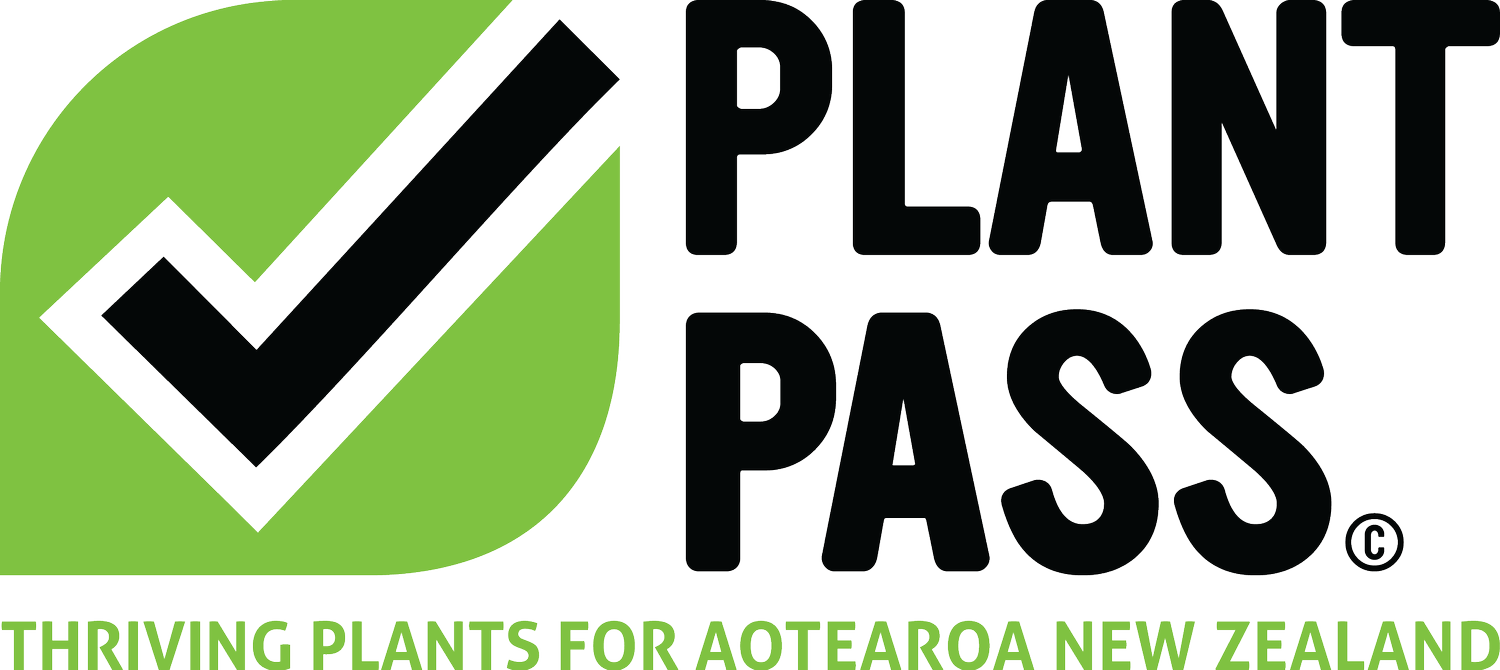Plant Pass works for Ngāti Whātua Orākei
Okāhu Rakau Nursery has three staff members and grows plants to increase the biodiversity of birdlife, plants, insects and iwi habitats. The Iwi maintains its native bushland and other landscape projects with plants supplied by the nursery. The nursery uses no chemicals to grow its plants and manage pests.
Nursery owners Ngāti Whātua Orākei joined the Plant Pass Biosecurity pilot and brought a unique perspective to the trial.
Merania Kerehoma of Ngāti Whātua Orākei said the nursery agreed to take part in the pilot to develop quality audits, provide a learning resource, and to increase productivity.
The nursery team used the Nursery Manual template to add a biosecurity section to its existing nursery manual. The Plant Pass Core Standard was also useful as a learning pathway for best practice but the implementation of new processes was the challenging aspect. Being chemical-free, Okāhu Rakau had to use copper for the first time to address the myrtle rust risk. The team also identified lack of signage as being a potential biosecurity risk.
Merania says while implementing the Plant Pass practices would be a the challenge, “I believe it will make a huge improvement in organising our nursery, hygiene and quality of products.” She says customers are already asking about biosecurity measures taken so there was increased awareness of the risks.
The scheme will reduce nurseries’ business risk “as long as the integrity of the scheme is taken seriously and people are not just ticking a box. We not only reduce the business risk but the risk to other environments.”
“It would be great if more nurseries joined Plant Pass Biosecurity as the biggest kaupapa for us is not just the business but to reduce risk to the environment.”
